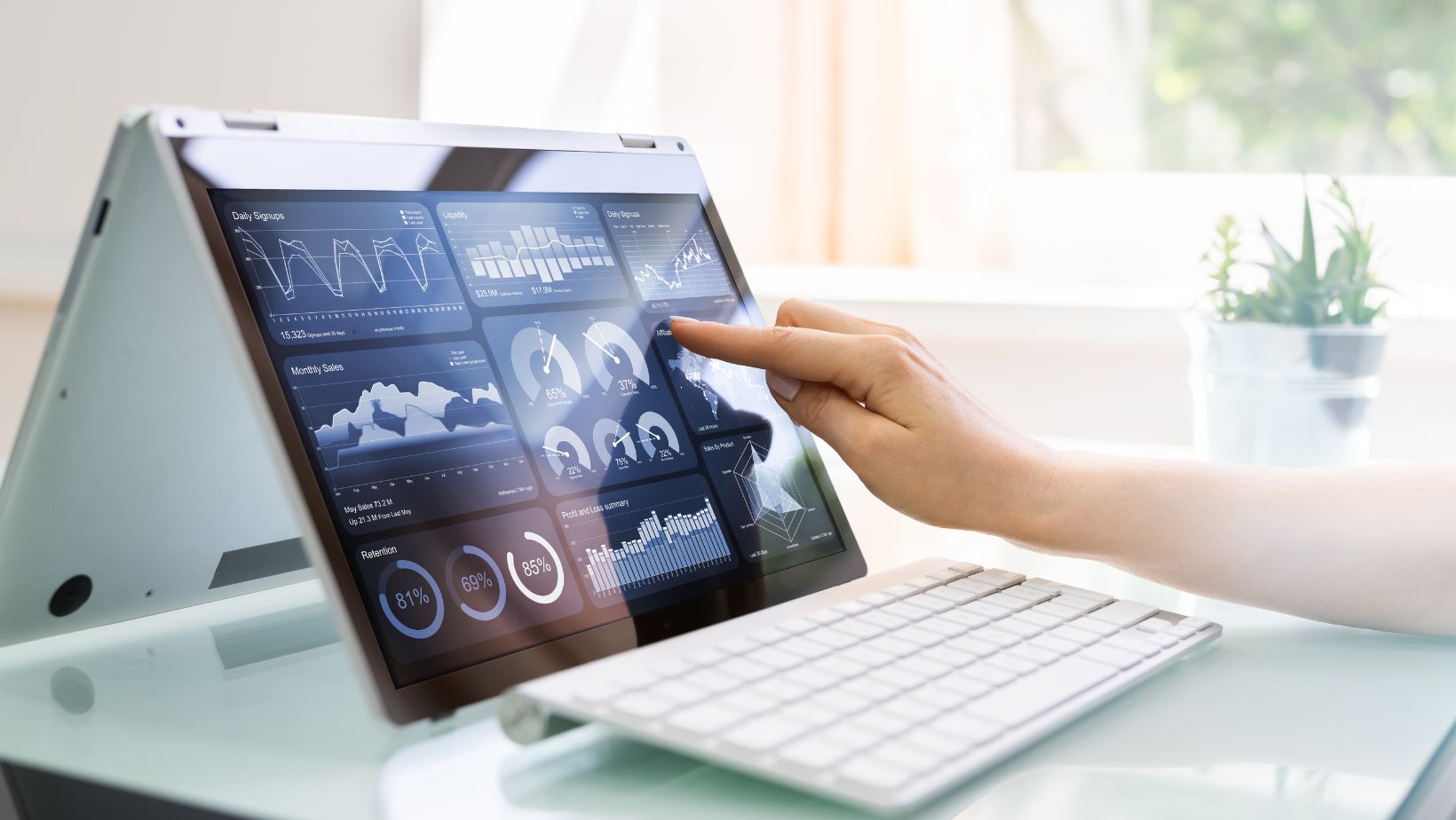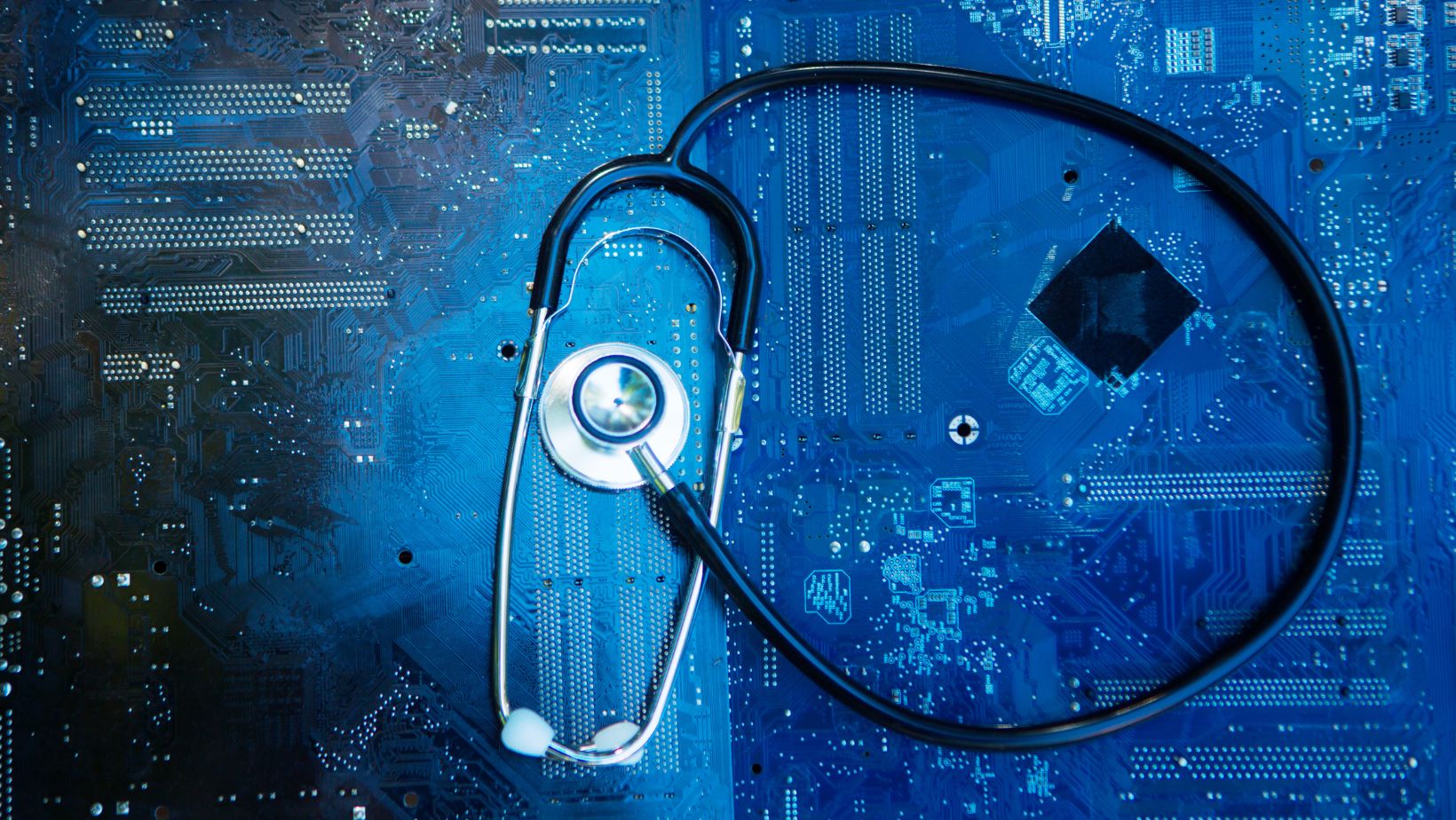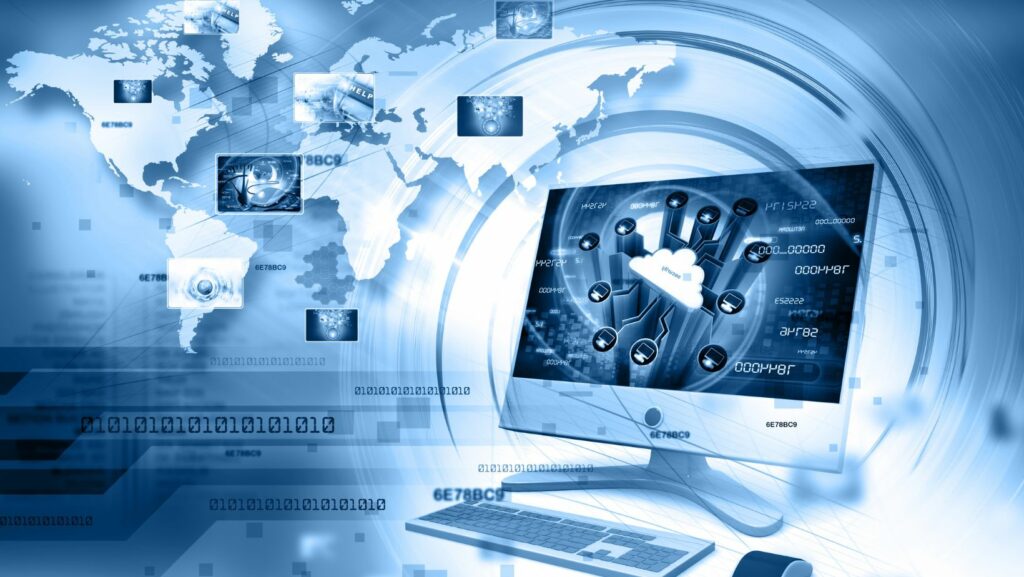In a world where smartphones seem to have more power than a small country, it’s hard to imagine life without the tech that keeps us healthy. From tracking steps to monitoring heart rates, technology has transformed healthcare into a game of high scores and healthy habits. Gone are the days of guessing how many calories were in that slice of cake; now, there’s an app for that!
One of the most impressive advancements is telemedicine, which lets patients connect with doctors from the comfort of their couch, pajama pants and all. This innovation not only saves time but also makes healthcare accessible to those who might otherwise struggle to get it. With technology stepping in as the superhero of the health world, it’s clear that staying healthy has never been easier—or more entertaining.
Describe One Way That Advances in Technology Have Improved Health.
Advancements in medical technology enhance healthcare delivery and improve patient outcomes. Innovations like telemedicine exemplify this progress, making healthcare more efficient and accessible.
Telemedicine: A Game Changer
Telemedicine has revolutionized the way patients connect with healthcare providers. Patients now enjoy remote consultations, which eliminate travel time and reduce exposure to illnesses. Accessing medical advice via smartphones or computers allows for quicker responses to health concerns. Virtually visiting practitioners also facilitates monitoring chronic conditions, significantly narrowing care gaps. This technology expands the healthcare landscape, improving patient engagement and satisfaction.
Enhancing Patient Accessibility
Enhanced patient accessibility emerges from digital healthcare solutions. Individuals in rural or underserved locations can now access quality medical services without long journeys. Accessing care at any time via telehealth services promotes timely intervention, which contributes to better health outcomes. Specialized care becomes available through virtual platforms, regardless of geographical barriers. This shift empowers patients, ultimately enhancing their health management experiences.
Impact on Diagnosis and Treatment

Technological advancements significantly improve diagnosis and treatment in healthcare. Tools like artificial intelligence streamline processes, leading to faster and more accurate outcomes.
Early Detection with AI
Artificial intelligence enhances early detection capabilities in healthcare. Algorithms analyze medical images, identifying conditions such as tumors or fractures more precisely than traditional methods. Studies indicate that AI can increase diagnostic accuracy by over 20%. Medical professionals can interpret complex data faster, leading to quicker interventions. Innovations like machine learning enable continuous improvement, refining algorithms with each case. Patients benefit from early diagnoses, which can significantly alter treatment plans and increase survival rates.
Personalized Medicine Approaches
Personalized medicine represents a shift toward tailored healthcare solutions. Genetic information plays a crucial role in creating customized treatment plans for individuals. By understanding a patient’s genetic makeup, healthcare providers can select therapies with higher success rates and fewer side effects. Data from recent trials shows that tailored treatments are more effective in conditions like cancer and autoimmune disorders. Technology facilitates this approach through genomic testing and data analysis. As a result, individuals receive care that aligns with their unique health profiles, improving overall patient outcomes.
Patient Management and Monitoring

Advances in technology have revolutionized patient management and monitoring, enhancing overall health outcomes through innovative solutions.
Wearable Health Devices
Wearable health devices track vital signs like heart rate and activity levels, providing real-time data directly to both patients and healthcare providers. These devices, such as smartwatches and fitness trackers, enable individuals to monitor their health continuously. Data collected helps healthcare professionals make informed decisions, especially for chronic condition management. For instance, patients with diabetes can wear continuous glucose monitors to track blood sugar levels effectively. Continuous tracking informs necessary adjustments to treatment plans, improving patient engagement and health literacy. This real-time feedback contributes significantly to proactive health management.
Mobile Health Applications
Mobile health applications facilitate efficient health management by offering accessible platforms for communication and education. These apps allow users to schedule appointments, access medical records, and communicate with healthcare providers seamlessly. Patients can also receive reminders for medication or upcoming check-ups, ensuring adherence to treatment plans. For example, apps dedicated to mental health provide resources and tools for managing anxiety or depression, expanding support networks and improving mental wellness. User-friendly interfaces enhance patient experience and foster a sense of ownership in their healthcare journey through easier access to information and care options.
Advances in Medical Technology
Technology’s role in healthcare continues to transform the way individuals manage their health. With the integration of telemedicine and advanced diagnostic tools, patients now enjoy unprecedented access to medical care. This shift not only enhances convenience but also empowers patients to take charge of their health. The ability to monitor conditions remotely and receive personalized treatment plans marks a significant leap forward in patient engagement and health outcomes. As technology evolves, its potential to further improve healthcare delivery remains promising, paving the way for a healthier future for everyone.



